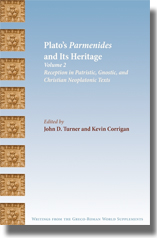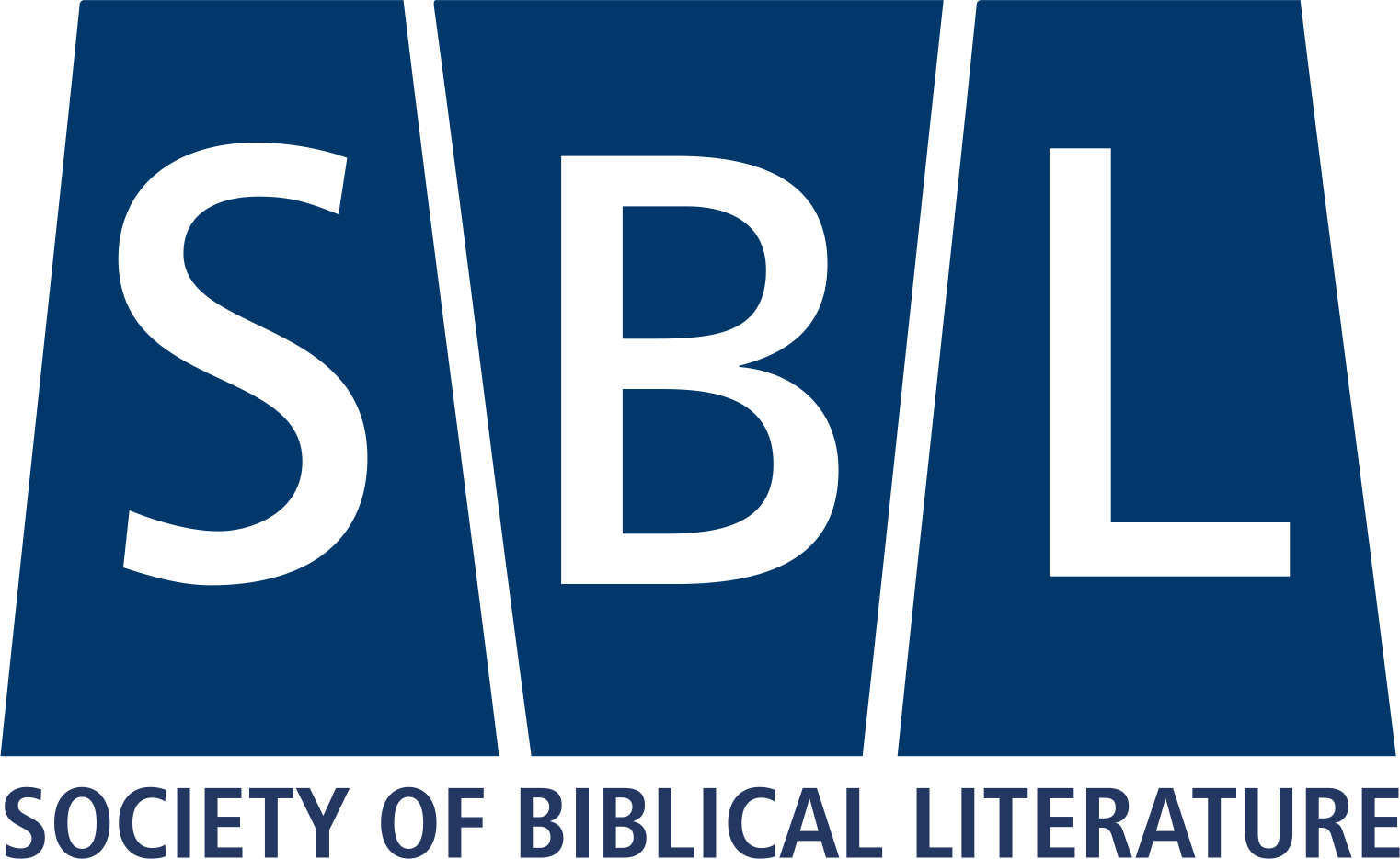
$42.00
Plato’s Parmenides and Its Heritage presents in two volumes ground-breaking results in the history of interpretation of Plato’s Parmenides, the culmination of six years of international collaboration by the SBL Annual Meeting seminar, “Rethinking Plato’s Parmenides and Its Platonic, Gnostic and Patristic Reception” (2001–2007).
Volume 2 examines and establishes for the first time evidence for a significant knowledge of the Parmenides in Philo, Clement, and patristic sources. It offers an extensive and balanced analysis of the case for and against the various possible attributions of date and authorship of the Anonymous Commentary in relation to Gnosticism, Middle Platonism, and Neoplatonism and argues that on balance the case for a pre-Plotinian authorship is warranted. It also undertakes for the first time in this form an examination of the Parmenides in relation to Jewish and Christian thought, moving from Philo and Clement through Origen and the Cappadocians to Pseudo-Dionysius.
Contributors to volume 2 include Matthias Vorwerk, Kevin Corrigan, Luc Brisson, Volker Henning Drecoll, Tuomas Rasimus, John F. Finamore, John M. Dillon, Sara Ahbel-Rappe, Gerald Bechtle, David T. Runia, Mark Edwards, Jean Reynard, and Andrew Radde-Gallwitz.
John D. Turner is Cotner Professor of Religious Studies and Charles J. Mach University Professor of Classics and History at the University of Nebraska-Lincoln, specializing in the study of ancient Gnosticism. He has published critical editions of seven Nag Hammadi texts and has authored numerous books, including Sethian Gnosticism and the Platonic Tradition (Peeters). Kevin Corrigan is Samuel Candler Dobbs Professor of Interdisciplinary Humanities and Director of the Institute of the Liberal Arts at Emory University. His many publications include Evagrius and Gregory: Mind, Soul and Body in the Fourth Century (Ashgate), Platonisms: Ancient, Modern, and Postmodern, and Reading Ancient Texts. Essays in Honour of Denis O'Brien: Volume 1: The Presocratics and Plato and Volume 2: Aristotle to Augustine (all from Brill).
